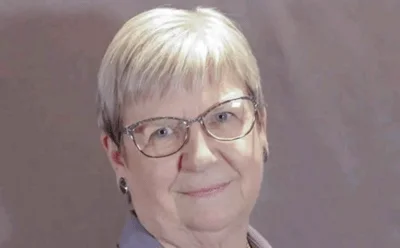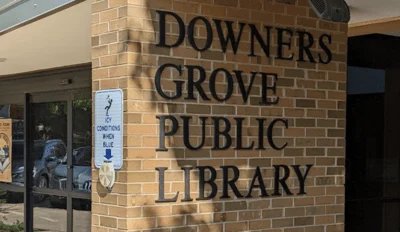The recent release of QBE North America's 2022 Accident & Health Market Report found that COVID-19 medical stop-loss claims more than doubled from 2020 to 2021 and were widespread throughout all age groups. | Mufid Majnun/Unsplash
The recent release of QBE North America's 2022 Accident & Health Market Report found that COVID-19 medical stop-loss claims more than doubled from 2020 to 2021 and were widespread throughout all age groups. | Mufid Majnun/Unsplash
The recent release of QBE North America's 2022 Accident & Health Market Report found that COVID-19 medical stop-loss claims more than doubled from 2020 to 2021 and were widespread throughout all age groups. Medical stop-loss insurance is an excessive risk coverage that offers employers who have self-funded or captive insurances an extra layer of protection against large claims or large amounts of claims from affecting their premiums annually. Steve Gransbury, Head of Specialty and Residential business portfolio, which includes Accident & Health, said that for self-insured employers, medical stop-loss insurance will remain key in managing market volatility as costs continue to rise.
QBE North America's 2022 Accident & Health Market Report is an annual report that highlights detailed trends and products for employers that self-insure to better help the employer be informed on how best to manage their healthcare plans. QBE is a global medical stop-loss insurance leading provider that leverages its collection of claims to analyze the findings and share them with employers as a resource in identifying and mitigating risk.
“Currently, 160 million Americans are covered by employer-sponsored health insurance plans, and nearly two-thirds of those plans are self-funded by the employer,” Steve Gransbury, Head of QBE’s Specialty and Residential business portfolio which includes Accident & Health, said in a press release. “As costs continue to rise and the quality of care grows increasingly important, medical stop-loss insurance and related products will continue to serve as key tools for managing volatility. In addition to this insurance protection, we strive to provide insights and advice for our customers to help them plan for future challenges and opportunities. In that spirit, we’re pleased to offer our second annual QBE Accident & Health Market Report.”
The report found that COVID-19 medical stop claims increased +108% from 2020 to 2021, and increases were experienced throughout all age groups, but with the highest being in the 0-29 age group, which saw an increase fivefold. According to the report, the US also increased annual health spending to a total of $4.1 trillion in 2020, a total of 97%. Of that $4.1 trillion spent, $1,270.1 billion, or 31%, went to hospital care and another $348.4 billion went to prescription drugs. Other funding went to physician services, government public health activities, clinical services, nursing care facilities, investment, home health care and government administration.
“We saw a few multimillion-dollar claims, which we didn’t expect at the start of the pandemic," Tara Krauss, Head of Accident & Health at QBE North America, said in the press release. "One case that involved a patient in intensive care for more than five months settled at $4.6 million. Furthermore, as the pandemic evolved, we saw increased claims severity in younger populations covered by employer-sponsored plans, particularly for patients with comorbidities.”
Claims exceeding more than $200,000 increased by 17% from 2020 to 2021 according to the report, and respiratory claims more than doubled. While mental health claims did decrease by 15%, those claims numbers are still higher than what was reported before the start of the pandemic the report claims.
As part of the report, a mix of QBE data and secondary research examining areas for employers to consider when planning for long-term financial and risk transfer were assessed. These areas hit on the market highlights for medical stop-loss with captives included, organ transplants and special risk accident insurance, rise of high-cost cell and gene therapies, medical risk management strategies and cost containment.
According to the report, the pandemic caused delayed treatment and screenings for many patients with other ailments and diseases. This delay further resulted in diseases advancing and other ailments developing. As the world has opened back up. Patients able to get back into the doctors, particularly specialty services doctors, have flooded the healthcare system, which has allowed it to drive higher costs.






 Alerts Sign-up
Alerts Sign-up